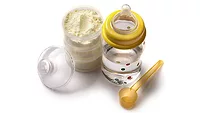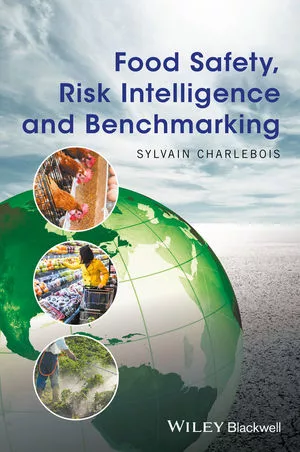Review Identifies Gaps in Existing Quantitative Risk Assessment Models for Listeria on Produce

Image credit: Pixabay via Pexels
A study commissioned by the World Health Organization (WHO) has identified significant deficiencies in existing quantitative risk assessment (QRA) models for Listeria monocytogenes in produce, such as failure to consider important contamination factors in primary production, among other gaps.
The review began with a literature search for QRA models published since 1998, which resulted in a total of 13 QRA models on both ready-to-eat (RTE) and not-RTE produce as a source of Listeria monocytogenes infection. The models focused on different commodities, including various uncut and cut leafy greens products, fresh-cut cantaloupe, and general fresh and frozen fruit and vegetables. The models were also variable in terms of the scope of the food chain they represented, with some beginning at processing and others at retail. Differing levels of complexity were offered by the models, and all models were based on predictive microbiology to estimate the concentrations of L. monocytogenes as commodities journey through the supply chain.
A significant majority (nine out of 13) of the QRA models focused on leafy greens; yet, despite the common understanding that microbial contamination of leafy greens often begins pre-harvest, as well as L. monocytogenes’ known on-farm presence, none of the nine models investigated pre-harvest factors—like the cultivation type, water, fertilizers, or irrigation method/practices—as sources of the pathogen on a farm. Regarding the processing stage, no QRA models that simulated chemical sanitizing took into account that sanitizer concentration, as well as time and temperature, may affect treatment efficacy.
Based on their review, the researchers believe that, in addition to a primary module for assessing current on-farm practices and potential L. monocytogenes control measures, future QRA models for minimally processed produce should also contain a refined sanitation module to estimate the effectiveness of various sanitizers as a function of type, concentration, and exposure time. They also call for the identification and modeling of the most relevant cross-contamination opportunities during processing from equipment and other environmental elements.
The shorter, retail-to-table QRA models begin with an estimation of the initial prevalence of L. monocytogenes on a product, modeled from data obtained at the end of processing or at the point of retail. Although these models commonly tested “what-if” scenarios about reducing the initial prevalence or counts, they do not describe how these reductions could be achieved before or during the processing stage. Additionally, the researchers suggest that, because temperature abuse at retail and/or by consumers is a key factor contributing to listeriosis risk, it is critical to capture the growth of L. monocytogenes during distribution and retail as realistically as possible by representative time–temperature profiles, as well as accurate kinetic data and validated growth models of L. monocytogenes in specific products.
The study was commissioned by WHO to serve as a background document for a past Food and Agriculture Organization of the United Nations (FAO)/WHO Joint Expert Meeting on Microbiological Risk Assessment (JEMRA). The authors represent the Polytechnic Institute of Bragança, Santa Apolónia Campus, Portugal; WHO; and the French Agency for Food, Environmental and Occupational Health and Safety (ANSES).
Looking for quick answers on food safety topics?
Try Ask FSM, our new smart AI search tool.
Ask FSM →









